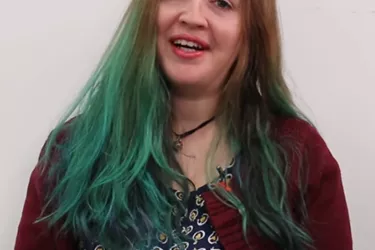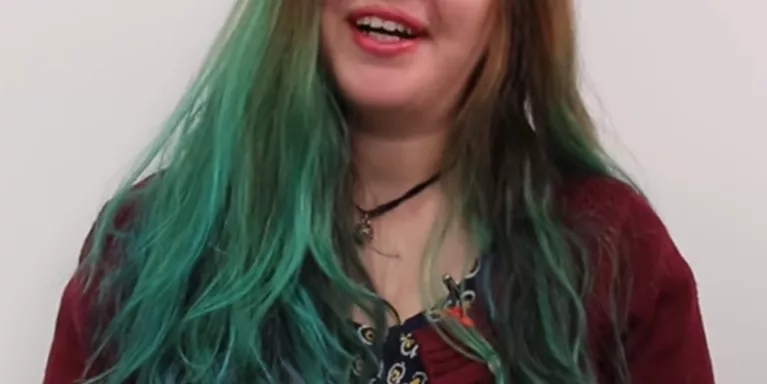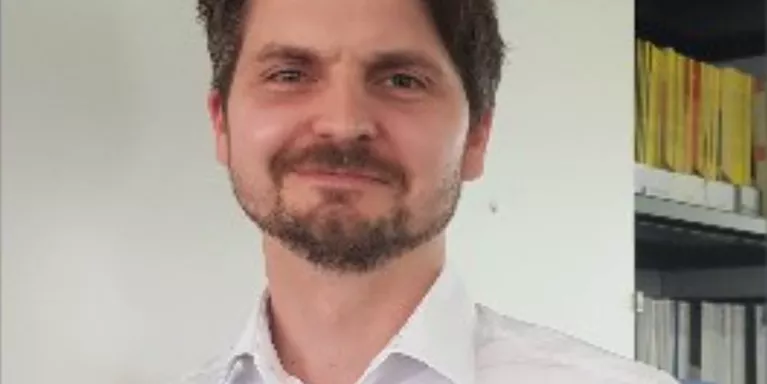5 tips for coming off medication #AskMind
Every month we are going to ask our YouTube viewers what they want to know about mental health. This month, Katherine from our Information team answers a question about coming off medication.
Hi and welcome to the first ever episode of Ask Mind in which our lovely YouTube viewers can ask us at Mind anything you like about mental health.
Whether it’s about a new medication you’ve just started taking or if you’re not sure about what rights you have in hospital, or even if you just want to know some tips for your everyday life, we’re here to help you.
So onto our first ever question and this one is from Lilly. She says
"I am thinking about coming off the medication I’ve been taking for depression but I’ve heard there might be withdrawal symptoms. Is there anything I can do to help me cope with the effects of withdrawal?"
Well Lilly you are not alone. We get asked this one a lot on our Infoline.
There are lots of different reasons why you might want to come off your medication, but withdrawal can be a really difficult thing to go through for a lot of people, so it’s not a decision that can be taken lightly.
Everyone will have a different experience, but over the years we’ve talked to a lot of different people and there are some things that we found that most people can find help them look after themselves when withdrawing from medication.
So we’ve put together our top five tips on how to cope.
1. If you want to come off your medication it is important to plan.
Please, please, please don’t just stop suddenly. It’s a good idea to talk to your doctor if you feel comfortable doing this about things you could do to help make withdrawal easier.
Like you can reduce your dose slowly or you could switch to an alternative medication before coming off completely and remember there are some drugs it’s actually quite dangerous to stop taking suddenly.
You can check out our information on our website about different types of medication to find out more about yours.
2. Different drugs will have different withdrawal symptoms for different people.
Our bodies all process medication quite differently. Lilly, I’m not sure what type of specific medication you’re on, but you can look at our alphabetical list of medications online for withdrawal symptoms that might happen with your medication.
You might find it easier to manage your symptoms if you know what to expect.
3. If you can to talk to your friends and family about your decision to come off.
It might be good for them to know in advance that they might need to look after you a little bit more if you’re finding withdrawal symptoms difficult and it’s always nice to have people you care about around you when making a big decision.
If you’re worried about your mental health problem coming back when you stop taking medication, your friends and family can also help you stay aware of how you’re coping.
If you don’t feel okay talking to your friends and family about stopping your medication, which is fair enough, some of us won’t, you could try looking for a support group.
You could try your local Mind or you can look for support online. We’ve got our own online support community called Elefriends.
4. Remember to look after yourself.
You’re going through something really difficult, so you might want to plan some extra time to do things to look after yourself. You could try some of our tips on relaxation we’ve got here.
5. Look after your physical health too.
Getting a good amount of sleep, eating well, staying active, even if it’s just a little bit, can make a really big difference to how you feel.
It might feel like a challenge to do this stuff when you’re going through withdrawal, so you could do things like try cooking up a batch of meals in advance and putting them in the freezer for when you want them later or you could get someone to come with you to go for a walk to help you get out every day and get a bit of fresh air.
Hopefully those are some useful ideas to help you cope with withdrawal.
If I’ve missed anything go ahead and leave your own tips in the comments below and if you want to know more you can take a look at our website for more information and you can check out our other YouTube videos where you can hear people talking about their experiences of medication.
Right, I hope that’s helped Lilly. Best of luck and take care. Bye.


Information and support
When you’re living with a mental health problem, or supporting someone who is, having access to the right information - about a condition, treatment options, or practical issues - is vital. Visit our information pages to find out more.
Share your story with others
Blogs and stories can show that people with mental health problems are cared about, understood and listened to. We can use it to challenge the status quo and change attitudes.

















